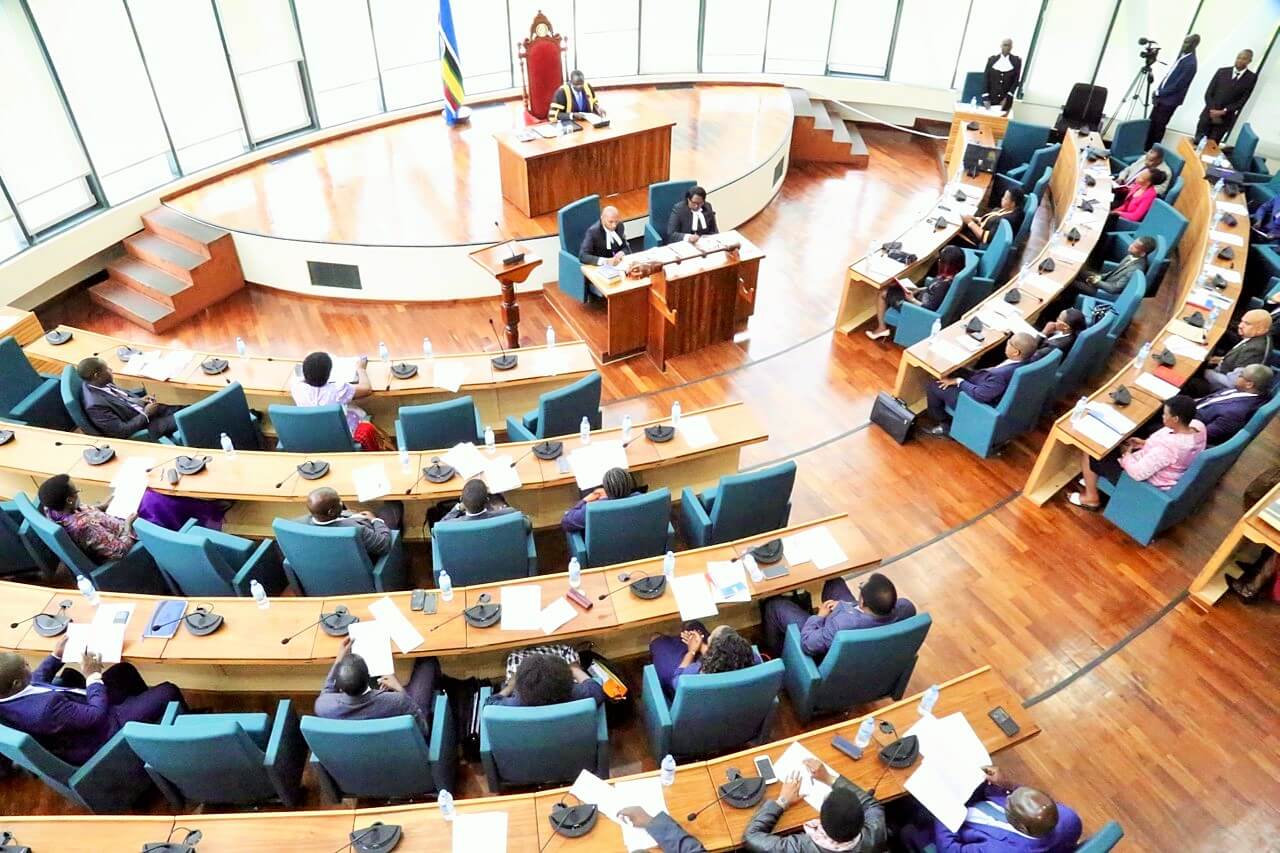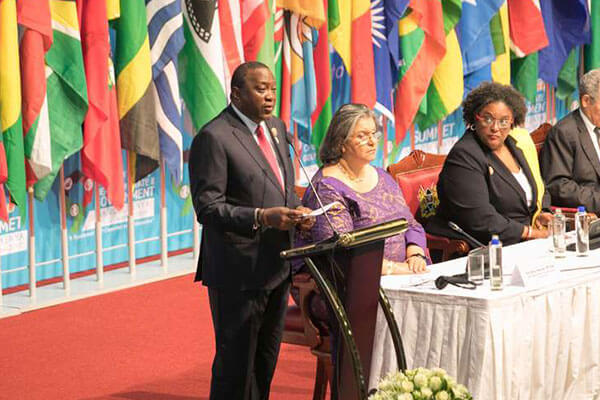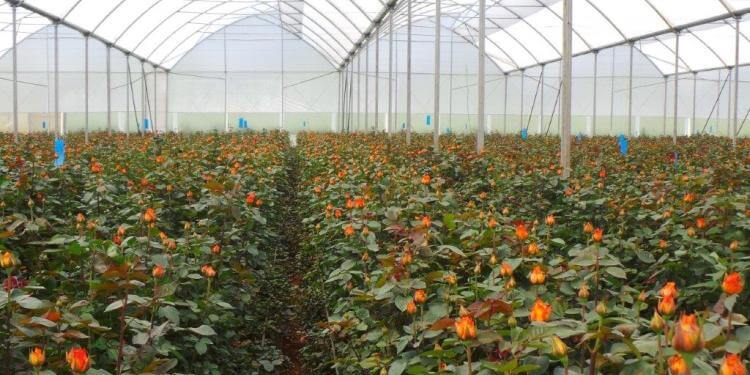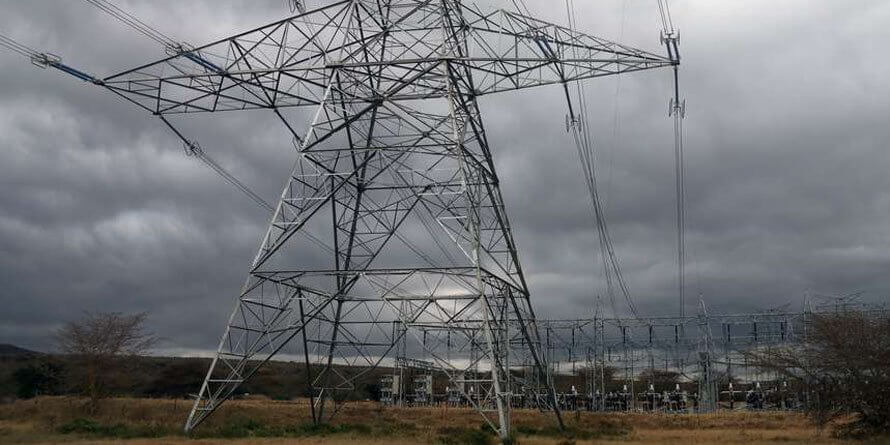Giving a speech to mark the 56th anniversary of Kenya’s independence, Minister for Foreign Affairs and East African Cooperation, Prof Palamagamba Kabudi said Tanzania and Kenya are like brothers and will continue to cooperate to see economic diplomacy is strengthened at all times. “We – Tanzania and Kenya are blood brothers hence we wish you well in bringing development to Kenya. But you must also know that Kenya’s development means Tanzania’s development,” Prof Kabudi said, noting that developments recorded in the two countries will also benefit neighbouring Uganda, Burundi, Rwanda, South Sudan, the broader East African Community (EAC). In return, High Commissioner Dan Kazungu commended Tanzanian authorities for the unity and solidarity it has shown to Kenya which has been a stimulus for the development of the two countries. He said: “I would like to say that the unity and solidarity has spurred development among the two countries. We must remember that unity is strength and our goal is to cooperate between us and with all the nations in the world.” Kazungu stated that Tanzania will continue to be special to Kenya due to the solidarity it has been showing to Kenya socially, politically and economically. “It is remembered that in April this year when the two Heads of State met in Arusha we succeeded to remove 25 trade obstacles out of 37, and this proves how Tanzania and Kenya are brotherly nations who are bent on strengthening trade between them,” he elaborated. Kenya accounted for 15 of the non-tariff...
Tanzania, Kenya to coordinate efforts in economic diplomacy
Posted on: December 16, 2019
Posted on: December 16, 2019




















